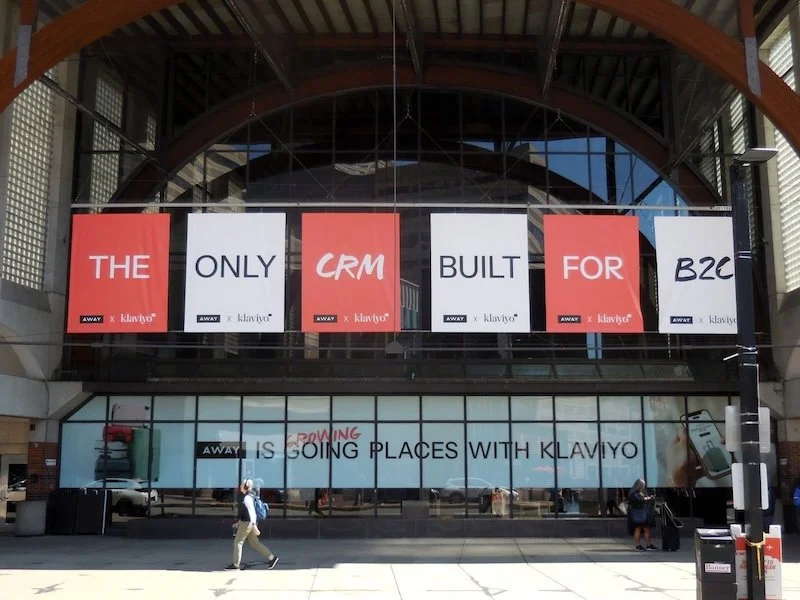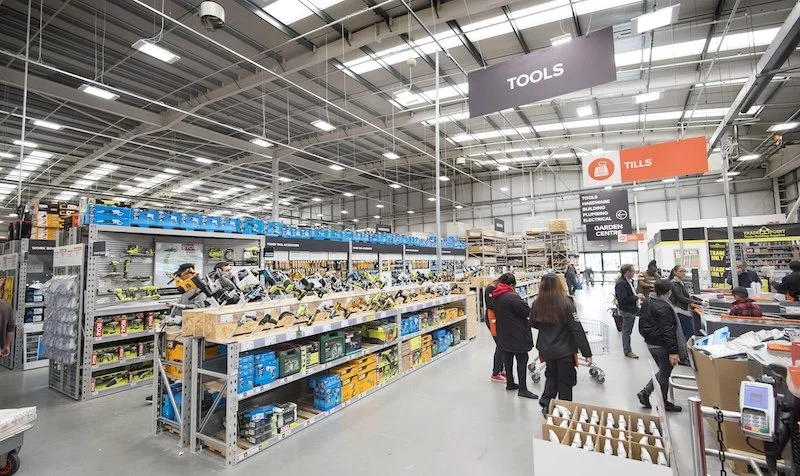Opening a retail business: how to effectively manage resources
Starting a retail business is exciting, but it requires careful management of various resources to ensure success. Whether it’s controlling inventory, managing your team, or making efficient use of your finances, understanding how to allocate resources is crucial. Effective management not only keeps the store running smoothly but also helps in maximising profitability and growth.
Resource management may seem overwhelming, but with a strategic approach, you can streamline operations, keep costs down, and improve customer satisfaction. Automate core resource management in your retail businessefficiently, so you can focus on growing your brand and making meaningful connections with your customers.
Inventory management: avoid overstocks and stockouts
Effective inventory management ensures you always have the right products at the right time, without unnecessary waste.
Proper inventory practices also prevent tying up excessive capital in stock, allowing you to invest in other areas of your business. Moreover, a well managed inventory system helps you quickly identify slow-moving items, enabling you to run promotions or adjust orders as needed.
Tracking Inventory in Real-Time
Utilise inventory management software to track stock levels in real-time. Knowing what’s on your shelves allows you to respond quickly to sales trends and prevent overstocking. Technology reduces errors and provides valuable insights into customer buying patterns.
Barcoding and RFID systems can help make tracking more accurate. Automated systems reduce human error, allowing you to better predict which items are in demand and adjust your orders accordingly.
Forecasting Demand
Analysing sales data helps you make educated decisions about future purchases. Use historical sales information, seasonal trends, and customer behavior insights to forecast demand more accurately. This reduces the risk of both running out of popular items and getting stuck with products that don’t sell.
Effective forecasting helps maintain a steady cash flow, which is vital for any retail business, especially during peak seasons when the competition is fierce and customer expectations are high.
Staff management: build a productive team
Well trained, motivated staff can enhance the customer experience and contribute to the smooth running of day-to-day operations. Hire a workday staffing firm to help you source qualified employees during critical times, such as peak sales seasons.
This approach ensures that your store is always staffed adequately without the long-term commitment of hiring full-time employees. Additionally, professional staffing can provide you with access to workers with specialised skills, ensuring that you maintain high service quality even during periods of rapid business growth.
Hire individuals who align with your brand values and have strong customer service skills. Look for candidates who are not only competent but also passionate about the products you offer and the customers you serve.
Consider part-time and seasonal workers to give yourself flexibility in managing busy periods, such as holidays. Seasonal hires can be brought onboard quickly and trained to handle increased traffic, without inflating labor costs during slower times.
Training and Motivating Staff
Provide comprehensive training so your team understands both the products and the sales process. Educate them on inventory procedures, PoS systems, and the importance of creating a positive shopping experience.
To keep your team motivated, offer incentives for hitting sales targets, provide growth opportunities, and make your workplace an environment where they feel valued. When employees are engaged, they’re more likely to provide excellent service and stay with the company longer, which reduces turnover costs.
Financial management: budget wisely
Managing finances goes beyond securing initial funding—it’s about ensuring every dollar spent contributes to growth and profitability. Regular financial analysis helps identify inefficiencies and areas where costs can be reduced. Establishing an emergency fund can also safeguard your business against unexpected disruptions, ensuring stability.
Identify the key startup expenses, such as lease agreements, renovations, initial inventory, and Point of Sale (PoS) systems. Prioritise spending on what will directly affect customer experience and drive sales, like well-designed store layouts or a reliable payment system.
Create a budget that separates fixed costs (rent, utilities, salaries) from variable costs (inventory, marketing). Having a clear budget lets you determine where you can save and how much you can reinvest.
Monitoring Cash Flow
Consistent cash flow is critical for covering operational costs and reinvesting in growth. Monitor your cash flow closely using accounting software to stay updated on income and expenses. Likewise, you must also keep an eye on inventory turnover rates and payment terms with suppliers to optimise your cash flow.
Having effective invoice automation systems in place will streamline the billing process, reducing manual errors and saving valuable time. This also helps improve payment accuracy and ensures that invoices are sent promptly, resulting in a more reliable cash flow.
Try negotiating better terms with suppliers, such as extended payment windows, to keep cash on hand for emergencies or opportunities requiring quick investments.
Time management: improve operational efficiency
Creating a time efficient structure allows you to focus more on growth rather than daily firefighting. Delegating tasks appropriately can also help you avoid burnout and ensure that every team member contributes effectively.
Additionally, leveraging time management tools can help you track progress, set priorities, and stay organised, ultimately leading to more productive workdays.
Scheduling Tasks and Shifts
Design a clear schedule for daily, weekly, and monthly tasks, such as stock replenishment, cleaning, merchandising, and staff meetings. Effective scheduling prevents overlap and keeps your team focused on tasks that align with your business priorities.
Create shift rosters that take peak customer hours into account. Have extra staff during peak times, and reduce hours during quieter periods. This way, you’ll provide an optimal level of service while managing labor costs effectively.
Automating Routine Tasks
Automate routine tasks like payroll, inventory updates, and even customer communications where possible. For instance, setting up automated alerts for stock levels or scheduled marketing emails can free up time that’s better spent on customer service or strategic planning.
Automation not only reduces human errors but also enables you to provide faster, more consistent service to customers, ultimately contributing to a better overall shopping experience.
Customer relationship management: foster loyalty
Establish open communication channels, such as feedback forms and social media engagement, to understand customer needs and concerns. Building strong customer relationships also involves consistently meeting or exceeding expectations, which can lead to increased brand loyalty and advocacy.
Creating a Memorable In-Store Experience
Make sure your store is easy to navigate, with clear signage and product displays that make shopping convenient. Encourage your staff to engage with customers, answer questions, and offer personalised recommendations.
Providing excellent service helps build trust and loyalty, which makes customers more likely to return. A customer who feels valued will also recommend your store to others, becoming a powerful marketing channel in their own right.
Leveraging Customer Data
With a loyalty programme or by collecting email addresses, you can keep track of purchase histories and offer personalised discounts or early access to new products.
Using this data lets you tailor marketing efforts to match customer needs, leading to more effective campaigns and deeper connections with your audience. Personalised messages - like birthday discounts or suggestions based on past purchases - can help you foster loyalty and encourage repeat business.
Conclusion
Taking a strategic approach to inventory, finances, staffing, time, and customer relationships ensures that every aspect of your business contributes to growth and a positive customer experience.
Remember that retail is a dynamic industry that demands flexibility and constant learning. Keep adapting, stay attuned to your customer’s needs, and prioritise efficient resource management to turn your retail venture into a thriving, sustainable business.































Continue reading…